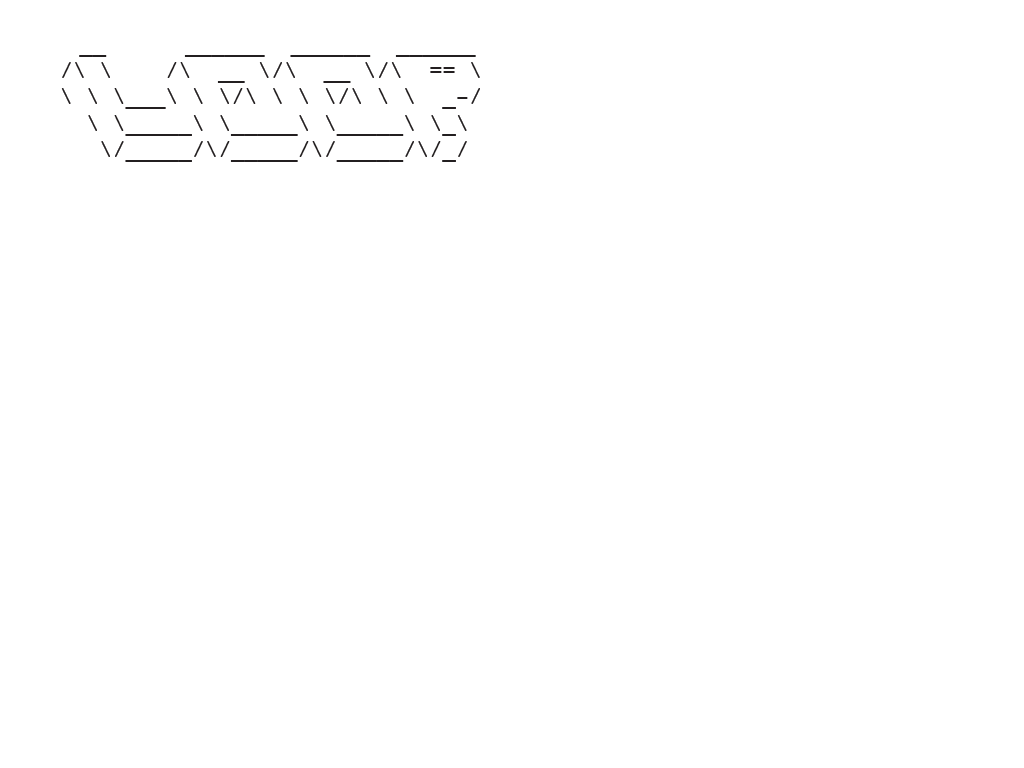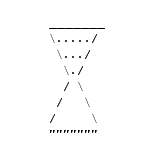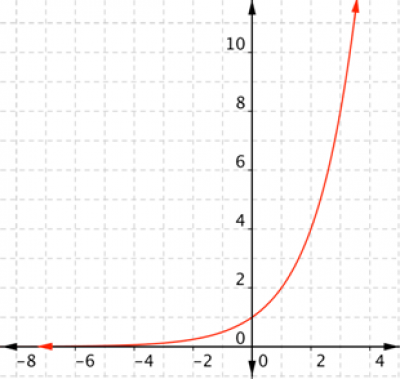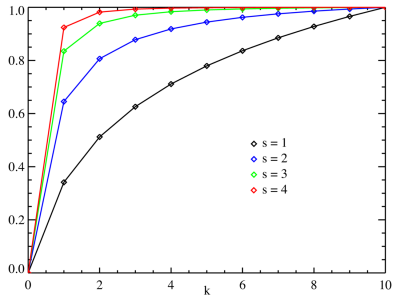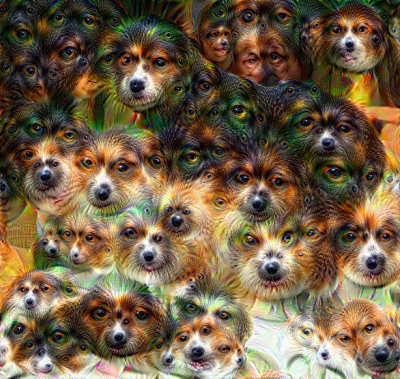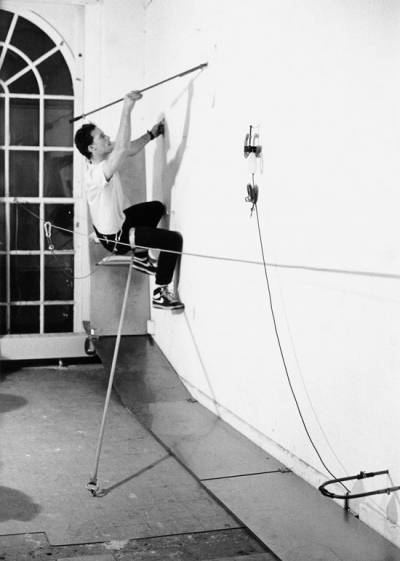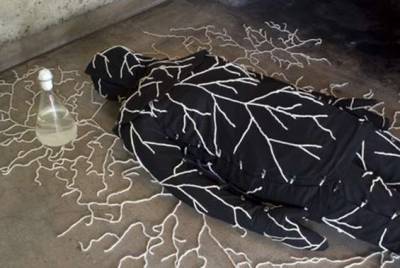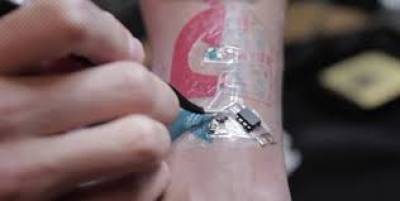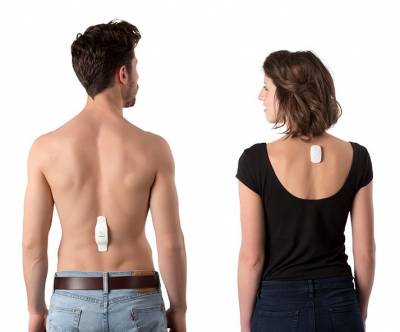TOC
The Loop School of Exponential Form
Why is it important to create A LOT?
 In order to become a designer the student has to not only participate in his/her work but BECOME her/his work. The mode of production therefore is not directed towards output, precious results, hermetic concepts. Instead the mode of production is a necessity of existence. Design is not the fuel of the designers body but the excrement that needs to be disposed in order to be fed back into the bigger ecosystem of growing bodies of rigorous designers.
In order to become a designer the student has to not only participate in his/her work but BECOME her/his work. The mode of production therefore is not directed towards output, precious results, hermetic concepts. Instead the mode of production is a necessity of existence. Design is not the fuel of the designers body but the excrement that needs to be disposed in order to be fed back into the bigger ecosystem of growing bodies of rigorous designers.
Hyper-forma, automation in that context is the only means of achieving the ultimate goal of exponential growth of production.
How can automation allow and support our students to make a lot? How can automation, not become to automatic? Might we automate our own tasks as hyper-formalist educators? We might even want the automation to be automatically automated.
Resources for creating a lot through automation
Many of these are antecedents rather than future possibilities:
Pre-computation and early automation
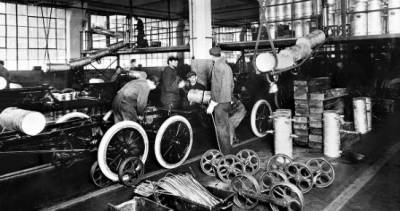
Ford's model of the Assembly Line
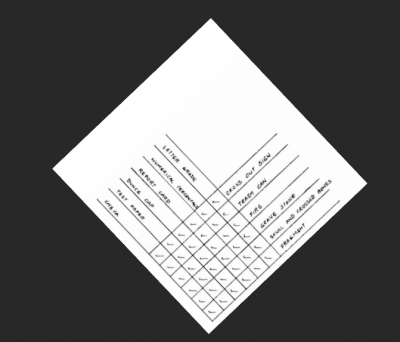 Ed Bedno Program For Developing Visual Symbols
Ed Bedno Program For Developing Visual Symbols
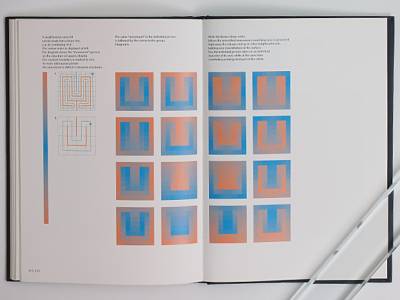 Karl Gerstner Designing Programs
Karl Gerstner Designing Programs
Fluxus and the performing body
Sol Lewit's rigurous execution of commands
Eliza Chat bot
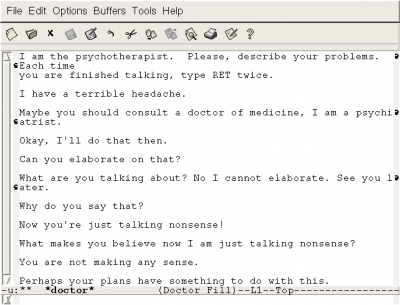
Donald Knuth Metafont
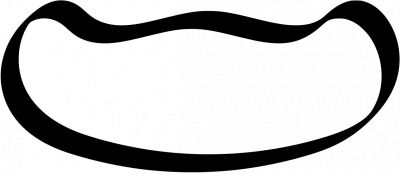
Fully Networked-computational automation
Processing Ben Fry and Casey Reas
Scriptographer Jürg Lehni
Python driven applications:
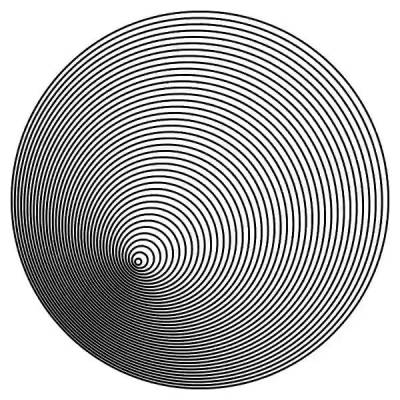
The performing body, the body executing commands: ZYX App: https://itunes.apple.com/us/app/zyx/id505193110?mt=8
Open Access Manifesto
Methods of design automation to create quantity
Handcuffing: or the neo-liberal whip of creative production
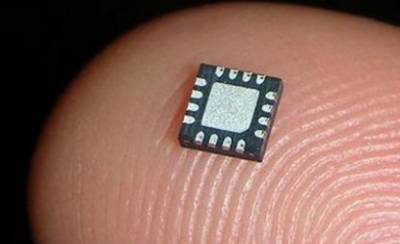
inserting a making chip into our students brains

create a “formally” or a gramarly for “form generation” where AI corrects and suggests formal refinement evolution.
Death suit makes burials eco wallet friendly
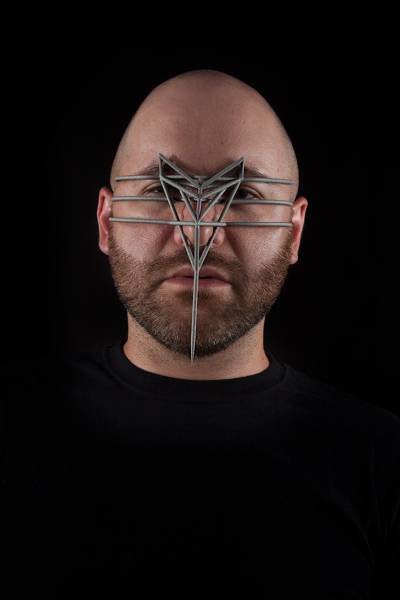 Face Cage Zack Blas
Constrained by one's own bio-metric data.
Face Cage Zack Blas
Constrained by one's own bio-metric data.
A Headband and Mobile App to Measure Your Focus
for loops are traditionally used when you have a block of code which you want to repeat a fixed number of times. The Python for statement iterates over the members of a sequence in order, executing the block each time. Contrast the for statement with the while loop, used when a condition needs to be checked each iteration, or to repeat a block of code forever.
For loop from 0 to 2, therefore running 3 times.
for x in range(0, 3):
print "We're on time %d" % (x)
x = 1 while True:
print "To infinity and beyond! We're getting close, on %d now!" % (x) x += 1
Admission Questions
MORE IS THE RULE
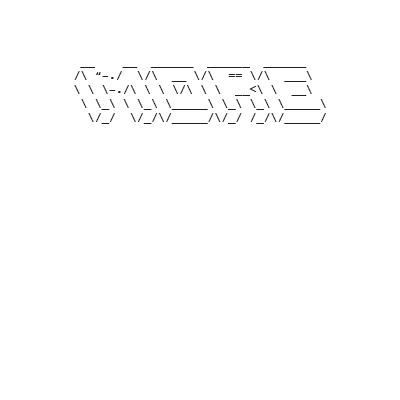
PROJECT As part your admissions application you must design a body circuit tattoo.
OBJECTIVE The design of your tattoo must be based on the answer to the following questions.
This tattoo will be used throughout your time at LSEF - Loop School of Exponential Form to help keep you on the path of constant production. The answer to the following questions should be the inspiration for the form of your tattoo.
If you get sleepy how many different techniques can keep you awake, name them?
If you're hunger and its breakfast time, how many eggs can you eat?
If you're hunger and it's lunchtime, how many burgers can you eat?
If you're hunger and it's dinner time, how many pieces of baked chicken can you eat?
If you are thirsty, how many ounces of water can you drink?
Annually, how often do you engage in physical activity?
How many of these bondage tools appeal to you: handcuffs, a whip, a rope, a breast ripper, a knee splitter?
Answer these questions on a scale of 1 to 100 one being the least and 100 being the most.
How would you rate your fear of making?
How important is being a maker to you?
Pain tolerance level?
How many different types of nightmares do you have, list them?
If you were giving a week to make as many thirty-second videos possible, how many would you make?
If you are admitted to the program the answer to these questions will be used to help keep you on track in the program—which is MAKE MORE!
